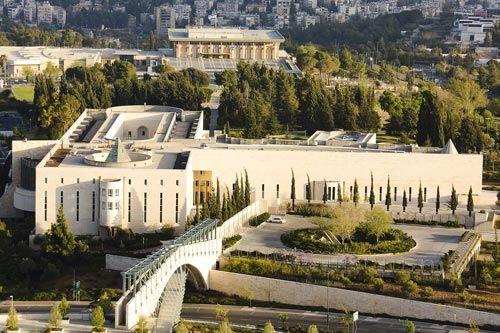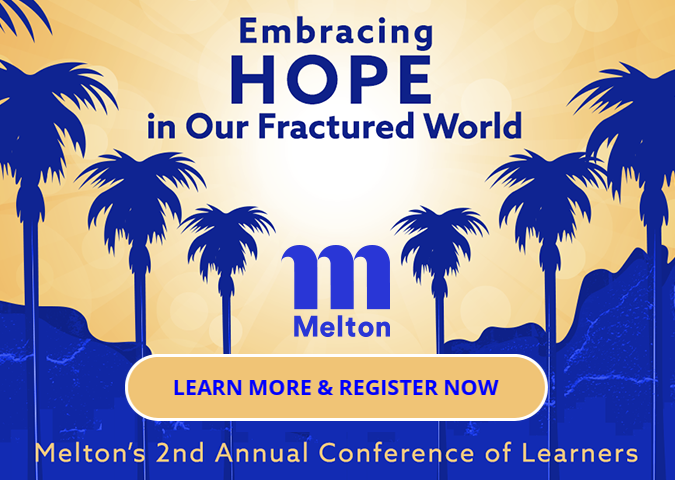The law of return and the Jewish covenant of fate
It seems to me that the timing of the Israeli High Court decision to recognize Reform and Conservative conversations done in Israel as meeting the requirements[i] of the Law of Return could not have been time any better.
This past week, on Purim, we read of the near destruction of the Jewish nation through the despicable, manipulative and diabolical actions of the Jew-hater, Haman the Aggagite. And not only was there ultimately salvation for the Jews, but there was great celebration as the tables were turned and the victims became the conquerors.
On the thirteenth day of the twelfth month, the month of Adar, the edict commanded by the king was to be carried out. On this day the enemies of the Jews had hoped to overpower them, but now the tables were turned and the Jews got the upper hand over those who hated them. (Esther 9:1)
What is most fascinating to me, and most relevant on this day, is the "world reaction" to this turnaround and the Jewish response to that reaction.
In every province and in every city to which the edict of the king came, there was joy and gladness among the Jews, with feasting and celebrating. And many people of other nationalities became Jews because fear of the Jews had seized them. (Esther 8:17)
What does the Scroll of Esther mean when it tells us that "they became Jews?"
By whose standards? Under what conditions?
Do we imagine they all lined up to study for twelve months, celebrated all the holidays, and accepted demonstrated their sincere acceptance of all 613 of the mitzvot of the Torah in front of an Orthodox tribunal?
I tend to think that was not the case.
Megillat Esther tells us that the nations were witness to the greatness of the Jewish people, and they were drawn to join them. The nations saw the faith, the strength, the stamina and the resourcefulness of this people, and they chose to cast their lot with them.
And what was the Jewish people's reaction to this outpouring of international desire to join the Jewish people? Clearly, it was not a negative one. In fact, as the story continues and relates to us the decision to make this decisive miracle into an annual celebration, we read:
The Jews set apart this special time each year for themselves, for their children and their children's children, and for all who joined them. They would always remember to keep these two days special, as it was written and at the same time every year. (Esther 9:27)
We are of course, not told that they formally converted[ii] — in one way or another — but rather, that they "joined them." Those who had joined the Jewish people at that historic moment were not cast away — rather, they were welcomed into the nation and were invited to celebrate the "light and gladness, happiness and honor" that would become a permanent celebration on the Jewish calendar from that time onward.
As I see it, Mordechai and his fellow-born Jews, a nation that had nearly been obliterated from existence through a decreed holocaust in the making, had miraculously escaped their oppressors and turned things around. The euphoria was contagious, and so others sought to be a part of it — sought to join the Jewish people. The Jews of pedigree welcomed these "new Jews," recognizing their desire to be a part of the nation. Mordechai and his people did not push them away, he did not demand of them the highest standards of halachic conversion to be considered a part of the Jewish people.
Maybe that's because there are two aspects of Jewish belonging, not only one. There is the acceptance of Jewish law (forbidden foods, the Sabbath and so on). There is also, separately, the acceptance of Jewish identity, namely a willingness to be part of the roller-coaster of Jewish history — come good times, come bad times.
Rabbi Joseph B. Soloveitchik called these two aspects of belonging, respectively, brit ye'ud (the covenant of destiny) and brit goral (the covenant of fate).
Destiny, taught Soloveitchik, is what we do. Fate is what happens to us. One is a code of action, halakhah. The other is a form of imagination, the story we tell ourselves as to who we are and where we belong.
Israel's Law of Return speaks of this second covenant — not the first — of the privilege of becoming an Israeli citizen and being accepted into the Covenant of Fate — without regard and separate from the Covenant of Destiny. Any human being who sincerely wishes to embrace our story, to join our ranks, and to stand side by side with our people — to bond his fate with ours, to mesh her personal journey with that of our nation at this time of the return and regeneration of our people — should be welcomed with open arms.
[i] For the purposes of this Law, "Jew" means a person who was born of a Jewish mother or has become converted to Judaism and who is not a member of another religion.
[ii] The Talmud in Tractate Yevamot 24b debates if their conversion was considered halachic or not.
This article originally appeared in The Times of Israel.
When you subscribe to the blog, we will send you an e-mail when there are new updates on the site so you wouldn't miss them.


